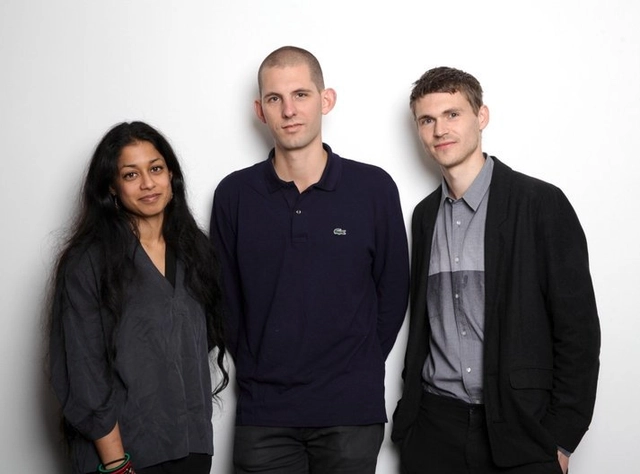.jpg?1464850078&format=webp&width=640&height=580)
As part of ArchDaily's coverage of the 2016 Venice Biennale, we are presenting a series of articles written by the curators of the exhibitions and installations on show.
Britain is suffering from a terrible housing crisis – one that is an incredibly predictable outcome of decades of neoliberal economic policy. The Chilean architect Alejandro Aravena has become well-known for building “half a house” – only completing core infrastructure in social housing, then encouraging residents to finish the other half with their own money over time. In effect, the first generation get a significantly cheaper home, but once the house has been doubled it could be sold at market rate. The discount, and profit, only applies to the original owners.


.jpg?1464850424)
.jpg?1464850228)
.jpg?1464850222)
.jpg?1464850126)
.jpg?1464850078)

